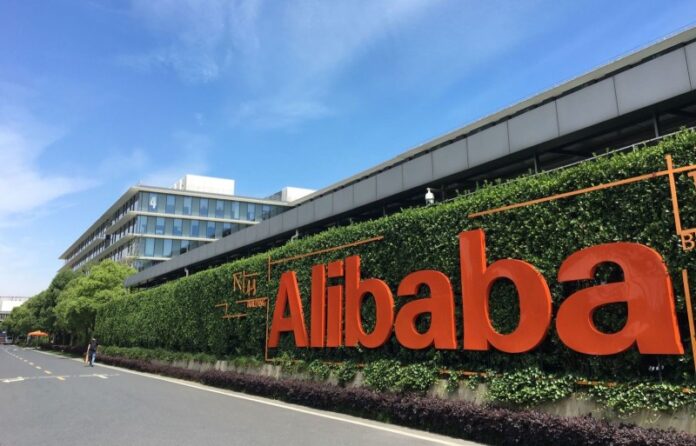Alibaba, the Chinese e-commerce powerhouse, is ramping up its efforts in Morocco. Just months after launching its national platform at the end of 2024, the company has unveiled a bold new initiative: the creation of Cainiao Smart Logistics Network Morocco. This new subsidiary aims to transform the flow of goods between China and Morocco, setting the stage for a new era of international trade logistics.
The company, structured as a single-shareholder simplified joint-stock company, has established its base in Casablanca’s bustling Gauthier district, a hub of business activity in the city. Leading the venture is Wei Xiong, appointed by Cainiao B.V., the group’s Dutch branch, to oversee operations and align the Moroccan logistics chain with Alibaba’s global standards.
Since its founding in 2013, Cainiao has emerged as a major player in global logistics, comparable to the likes of Amazon Logistics and Flipkart Logistics. The company boasts operations in over 200 countries, managing a sprawling network of 1,100 warehouses covering 16.5 million square meters, 380 sorting centers, and an impressive air network with 170 charter flights per week. With more than 170,000 drop-off and pick-up points worldwide, Cainiao has set its sights on an ambitious goal: delivering products anywhere on the planet within five days.
The move into Casablanca reflects Alibaba’s broader international strategy, designed to support its entry into the Moroccan market. On December 18, 2024, Alibaba officially launched its Moroccan platform in collaboration with ASMEX and AMDIE, marking the start of its operations focused primarily on business-to-business trade. The platform aims to connect Moroccan businesses with global markets spanning Asia, the Americas, Europe, and Africa. A business-to-consumer service is expected to follow in the near future.
Logistics, however, remains the linchpin of this expansion. To ensure quick delivery times and competitive pricing, Morocco must be equipped with a robust infrastructure of warehouses, distribution hubs, and streamlined supply chains. Cainiao’s expertise is expected to lay the foundation for a world-class logistics ecosystem in the country.
Looking ahead, Alibaba envisions Morocco as a key international e-commerce hub. The country’s strategic location at the crossroads of Africa, Europe, and the Middle East positions it perfectly to become a vital regional platform. Beyond boosting trade, this venture could ignite broader economic growth, fostering job creation and spurring the development of transportation, logistics, and information technology services.
One thing is clear: Alibaba has no intention of slowing down. Its latest move signals a determined effort to position Morocco as a cornerstone in its global strategy.





